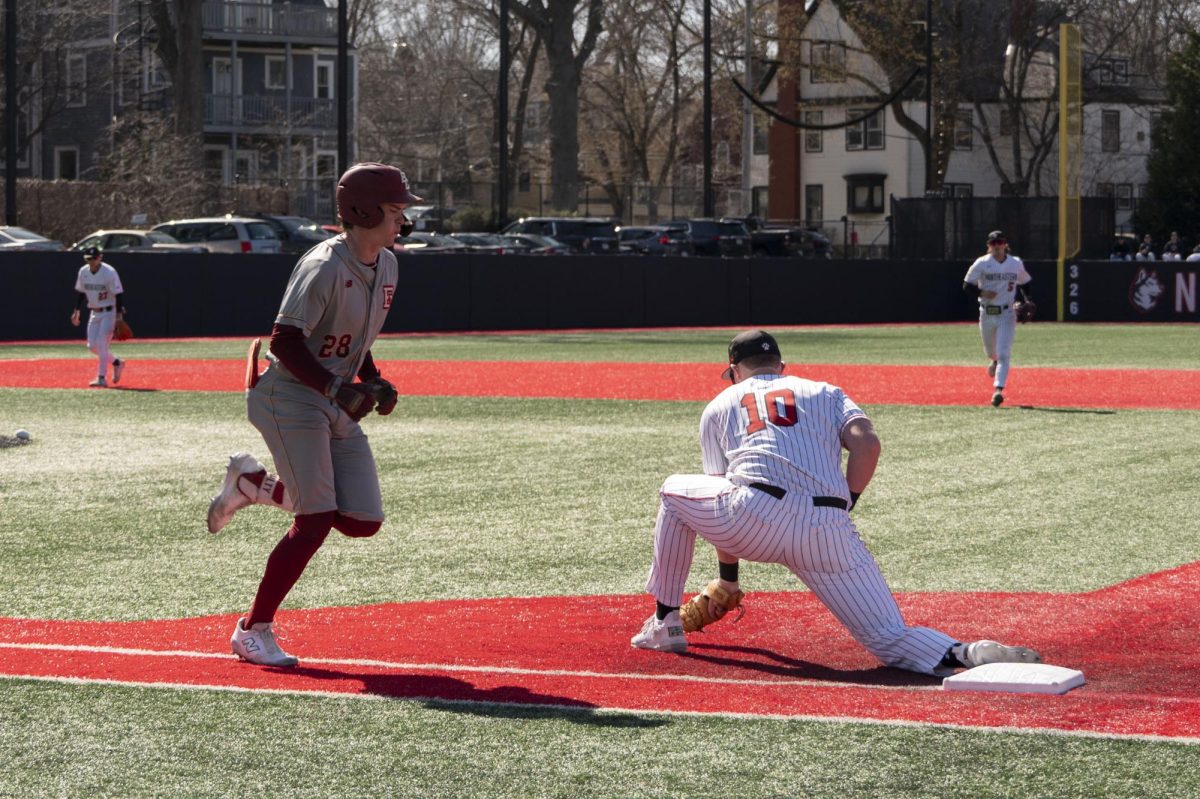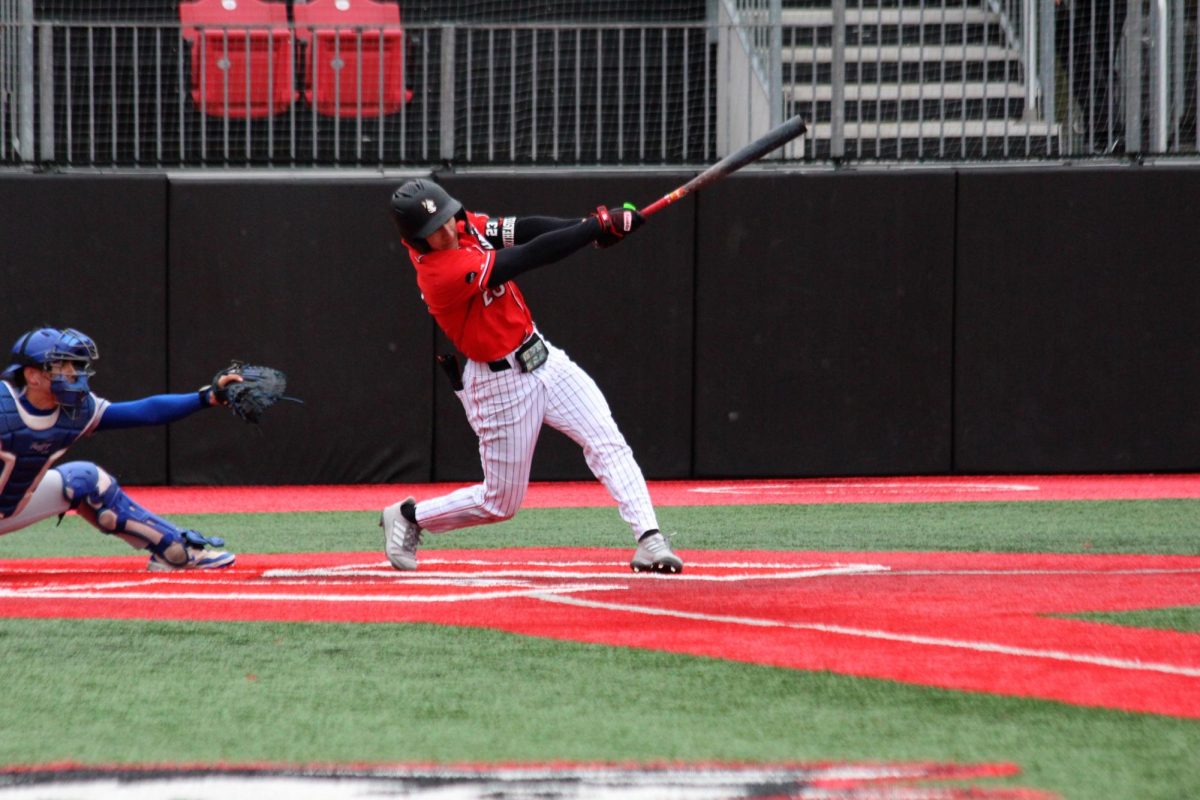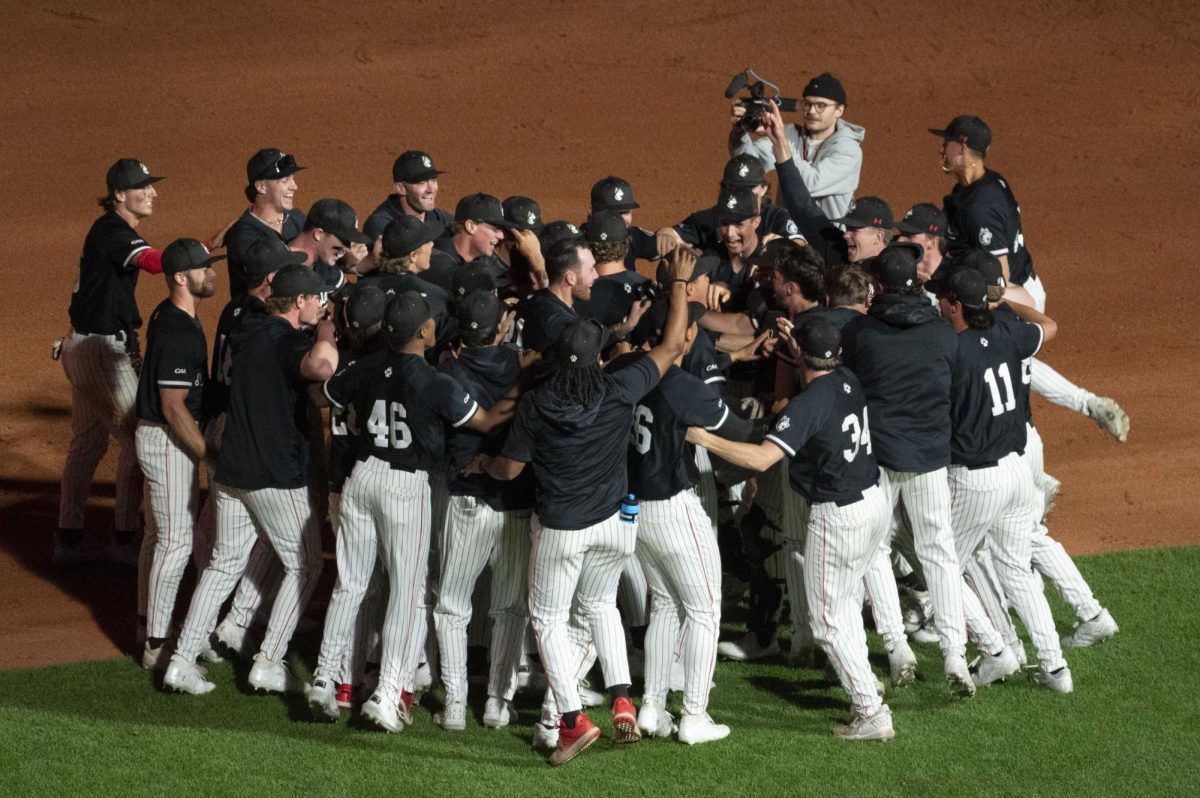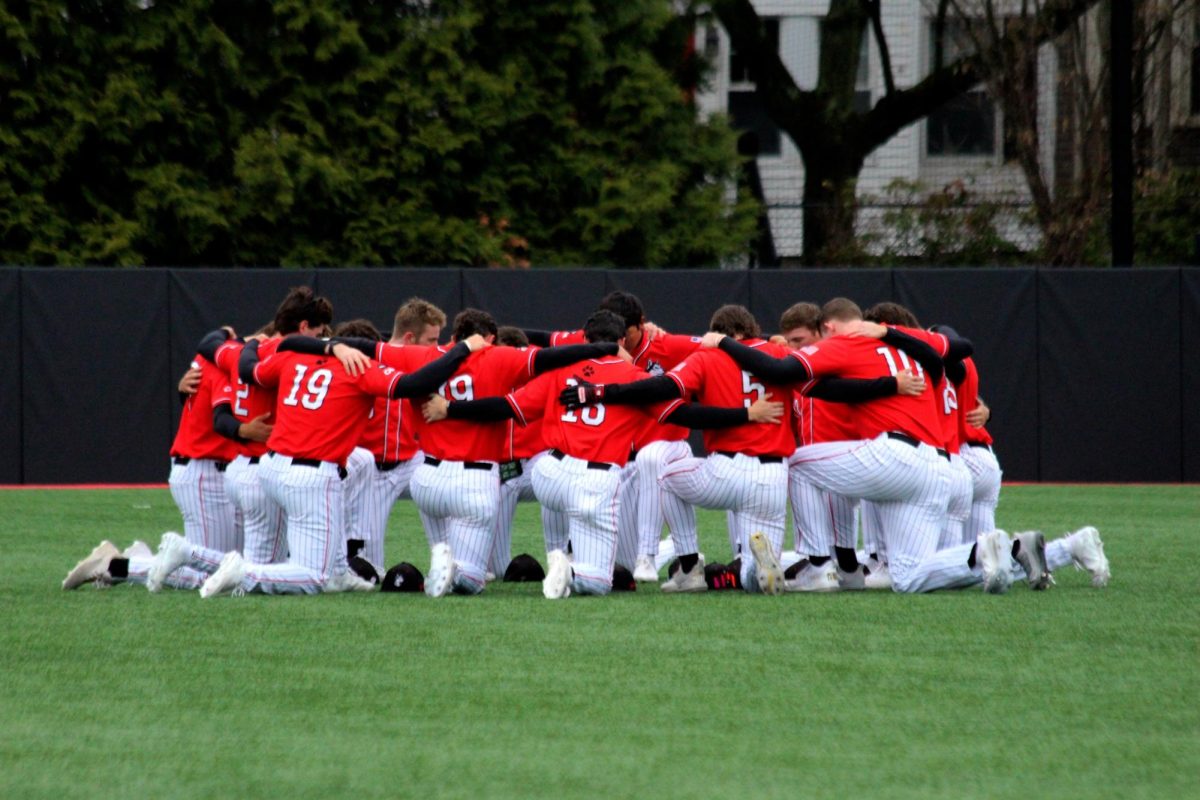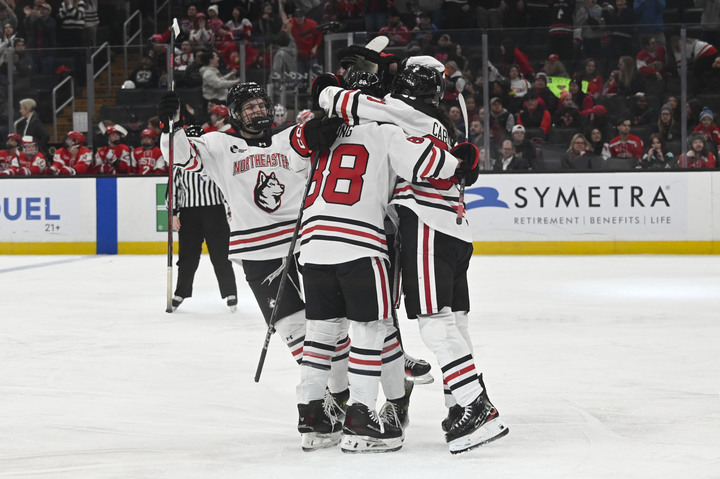By Kyle Taylor, sports columnist
The Madness can begin. The brackets have been released, and a shot at predicting the future can start. March is here, having escaped the winter with hardly anything to complain about. This month marks Easter, the last sights of snow and the beginning of spring. However, all of that means nothing compared to March Madness.
For basketball fans, the Big Dance is a month-long Christmas. Whether you watch your favorite collegiate teams religiously or you haven’t seen a single game all year, the NCAA tournament unites basketball fans of all walks of life.
If you hate watching basketball games in peace, relish high stress levels and regularly curse at your TV, then making a NCAA Tournament bracket is the thing for you. All March Madness fans come together to face the nerves associated with making a perfect bracket. However, if you have ever made one, you have failed miserably. Even if you finish at the top of your pool, you have failed nonetheless. It is a near-universal March rite to enter a pool with friends and coworkers to see who can fail the least.
We all try to figure out how to beat the odds: Whether you gamble on the upset or play it safe with the favorites. The only thing that you can be sure about is that your bracket will get busted, and it will probably get busted early. According to ESPN, in the ESPN Tournament Challenge of 2015, only a single bracket out of 11.57 million entries came out of the first round of 64 perfectly.
Failure is so certain that Warren Buffet is willing to bet a little bit more against anyone winning more money than the average person. Buffet offered $1 billion to anyone who made a perfect bracket in 2014, and he is back at it again, wagering to pay $1 million every year to the owner of a perfect spread. Since the odds are slim to none, Buffet, one of the savviest investors of all time, can sleep easy knowing his money isn’t going anywhere.
Jeff Bergen, a mathematician at DePaul University puts the odds of making a perfect bracket at about 9.2 quintillion-to-one if you’re just guessing outright. But don’t worry, bracket-makers; he says the number drops drastically to 128 billion to one if you have basketball knowledge, like knowing 1 and 2 seeds have a great chance of beating their 15 and 16-seeded rivals.
The daunting odds are not the only thing that conspires to keep us from perfection. There’s another reason no one has won: Loyalty or disdain for a particular team can blind people into believing that their favorite 15 seed really can make the Final Four.
Even the most careful bracketologists can’t anticipate all the uncertainties that make March Madness so special. Injuries, off days, matchups and all those crazy finishes simply can’t be factored in. It isn’t like the NBA, where each team had the opportunity to play each other during the course of the season and face their opponent in a best-of-seven series. In the Madness, it is one and done. No chance to tweak the game plan or overcome a loss. Aside from scouting reports and minor adjustments, teams fly blind into every game.
When the chips are down, the overtime clock is ticking and it’s a tie game, whichever team has more heart will pull it out. And as far as I know, they haven’t figured out how to turn heart into a stat. I’m just happy that the Madness makes the hearts of basketball fans beat faster each year as I continue to believe that I can be the one to select that perfect bracket.
So your favorite team may not win and your bracket may get busted. You may shed some tears and drag your feet, but at the end of it all you will have watched plenty of riveting games that will have you at the end of your seat. You will marvel at the next wave of NBA stars no matter who plays in the championship game. Whether you lose your bracket pool or your team loses the championship, the fans will always win during March Madness.



